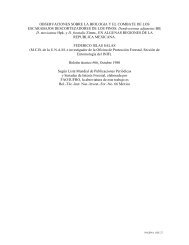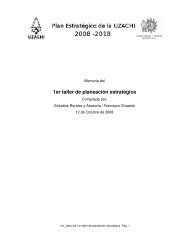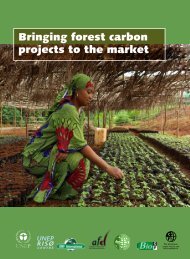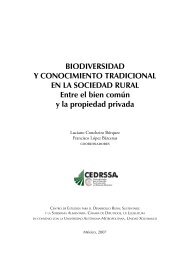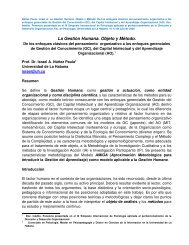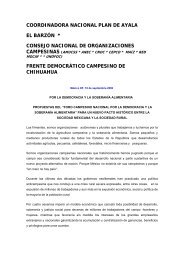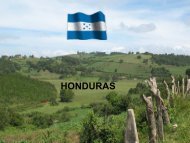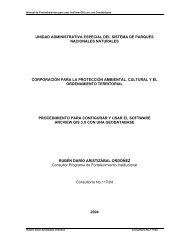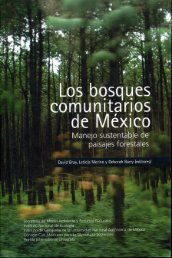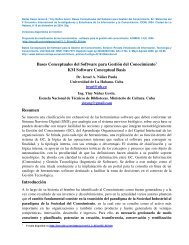STATE OF THE WORLD's INDIGENOUs PEOpLEs - CINU
STATE OF THE WORLD's INDIGENOUs PEOpLEs - CINU
STATE OF THE WORLD's INDIGENOUs PEOpLEs - CINU
- No tags were found...
You also want an ePaper? Increase the reach of your titles
YUMPU automatically turns print PDFs into web optimized ePapers that Google loves.
EMBARGOED UNTIL 14 January 2010<strong>STATE</strong> <strong>OF</strong> <strong>THE</strong> WORLD’S INDIGENOUS PEOPLESNot for distributionIn accordance with the international human rights instruments that provide forthe right to health, most initiatives that seek to improve the health of poor andmarginalized populations focus primarily on increasing access by individualsfrom those populations to state health systems. Indeed, full access to qualityhealth care is a human right of all individuals, and it is therefore critical toensure equal access to health care, including through efforts to eliminate thediscrimination and marginalization faced by indigenous peoples. However, toaddress the root causes of indigenous peoples’ health problems, there mustalso be full recognition and exercise of indigenous peoples’ collective rights tocommunal assets and self-determination.Gap in life expectancy between indigenous and non-indigenouspeople (in years)Guatemala Panama Mexico Nepal Australia Canada New Zealand13 10 6 20 20 7 11Source: Hanemann (2006), 5 & Health Canada (2007).Many of the most urgent health challenges faced by indigenous peoples, suchas illnesses from pesticides and extractive industries, malnutrition, diabetes andHIV/AIDS, stem from the contamination and depletion of their land and naturalresources, and from their forced displacement from their territories. The right tocollective land, territories and natural resources is thus an essential componentthat lays the foundations for improving the health of indigenous peoples. In addition,the rights to preserve, practise and transmit traditional knowledge and to maintaincultural, spiritual and social beliefs and institutions are integral to ensuring thehealth of indigenous communities. Many mental health issues such as depression,substance abuse and suicide have been identified as connected to the historicalcolonization and dispossession of indigenous peoples, which has resulted in thefragmentation of indigenous social, cultural, economic and political institutions.Similarly, the right to self-determination with respect to health implies creatingconditions for the full and effective participation of indigenous communities inthe design and management of health systems, in addition to adherence to theprinciple of free, prior and informed consent in the planning and implementationof health and development programmes and projects. 14 Furthermore, theremust be a commitment to building the human resources necessary for theparticipation of indigenous peoples in health policy and management, as well astraining non-indigenous health professionals in the cultures and languages ofindigenous peoples. Finally, it is essential to recognize that the health situationof indigenous peoples is linked to the sustainable human development ofto address the rootcauses of indigenouspeoples’ health problems,there must also be fullrecognition and exerciseof indigenous peoples’collective rights tocommunal assets andself-determination14For more on the concept of free, prior and informed consent, see UNPFII (2005).HEALTH | 159




